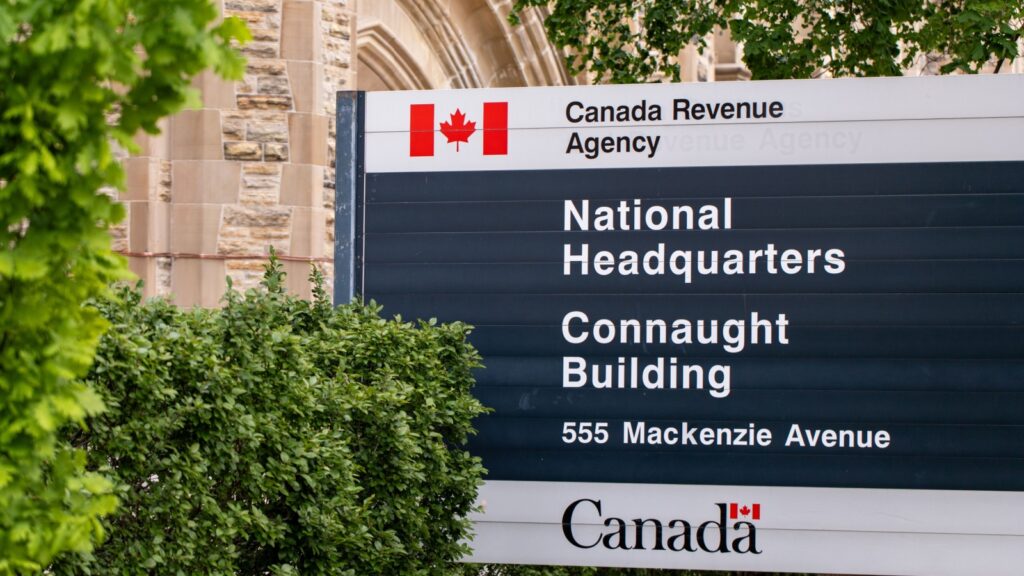Filing taxes in Canada might seem straightforward, but even minor oversights can lead to big financial losses. From unclaimed deductions to missed credits, many Canadians unknowingly pay more than they should. Here are 25 Canadian tax mistakes that are costing you thousands.
Missing the Tax Filing Deadline
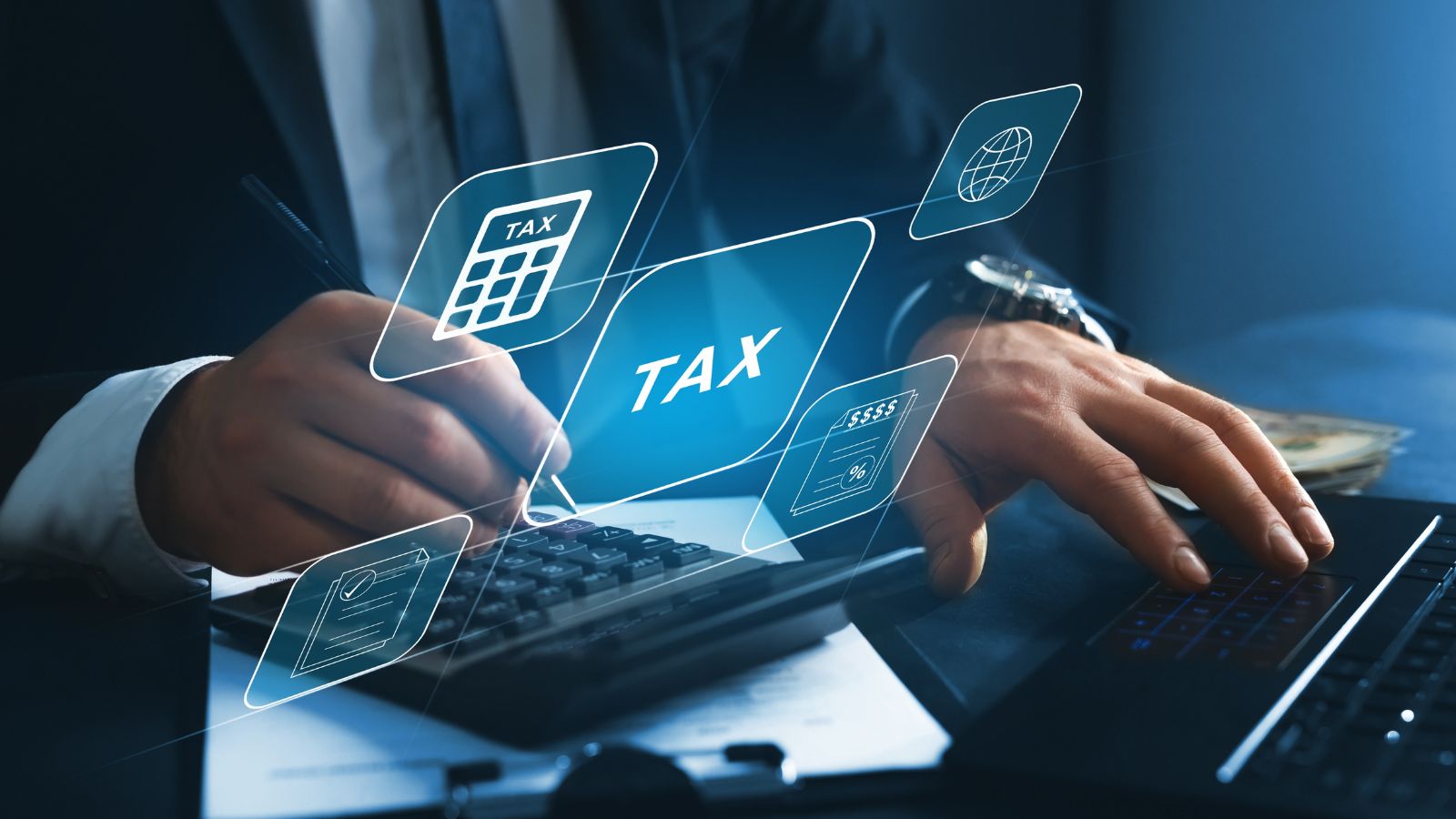
Many Canadians underestimate the cost of missing the tax filing deadline. Filing late can lead to hefty penalties, even if you don’t owe much. The Canada Revenue Agency (CRA) charges 5% of the balance owing, plus 1% for every month your return is late. Repeated delays bring even harsher penalties. Late filing can also delay essential benefits like GST/HST credits and child benefits, which depend on your filed return.
Failing to Report All Sources of Income

Not reporting all income is one of the most common tax mistakes Canadians make. Many assume small earnings from side hustles, freelance work, or investments are insignificant, but the CRA has systems to track income. Forgetting to declare tips, rental income, or money from gig platforms can result in penalties, interest charges, and audits. Even foreign income needs to be reported. The best way to avoid trouble is by keeping detailed financial records and reporting every source, no matter how minor it may seem.
Overlooking Tax Deductions You Qualify For
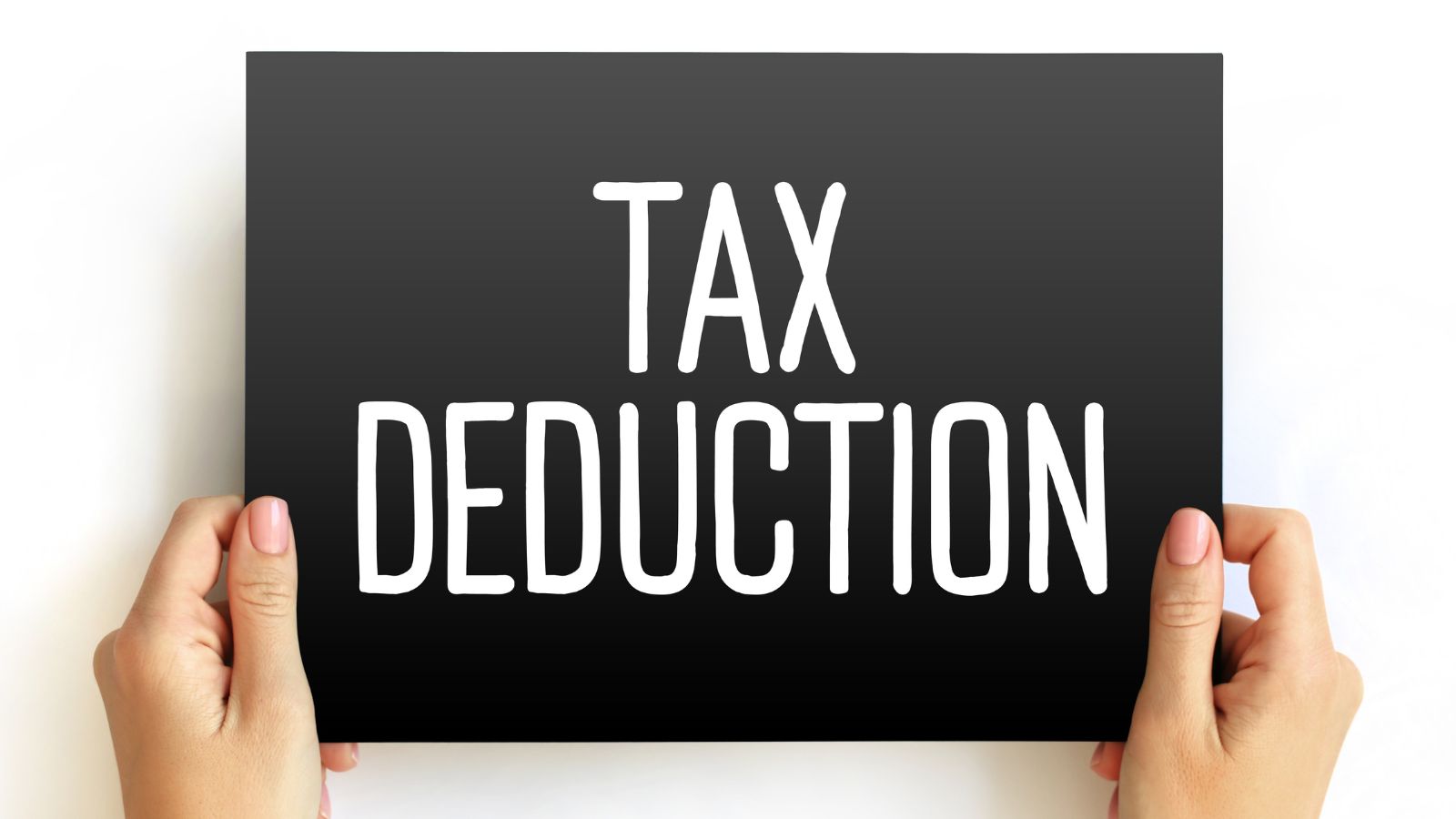
Every year, many Canadians miss out on deductions that could reduce their taxable income. From childcare expenses and medical costs to moving expenses and union dues, the list of eligible deductions is extensive. Overlooking them means paying more than you should. Often, people don’t keep receipts or assume the amounts are too small to matter. But these deductions add up significantly over time. Reviewing the CRA’s guidelines or consulting a tax professional can help identify what applies to you. Claiming all eligible deductions ensures you maximize your refund and keep more money in your pocket.
Not Claiming Available Tax Credits
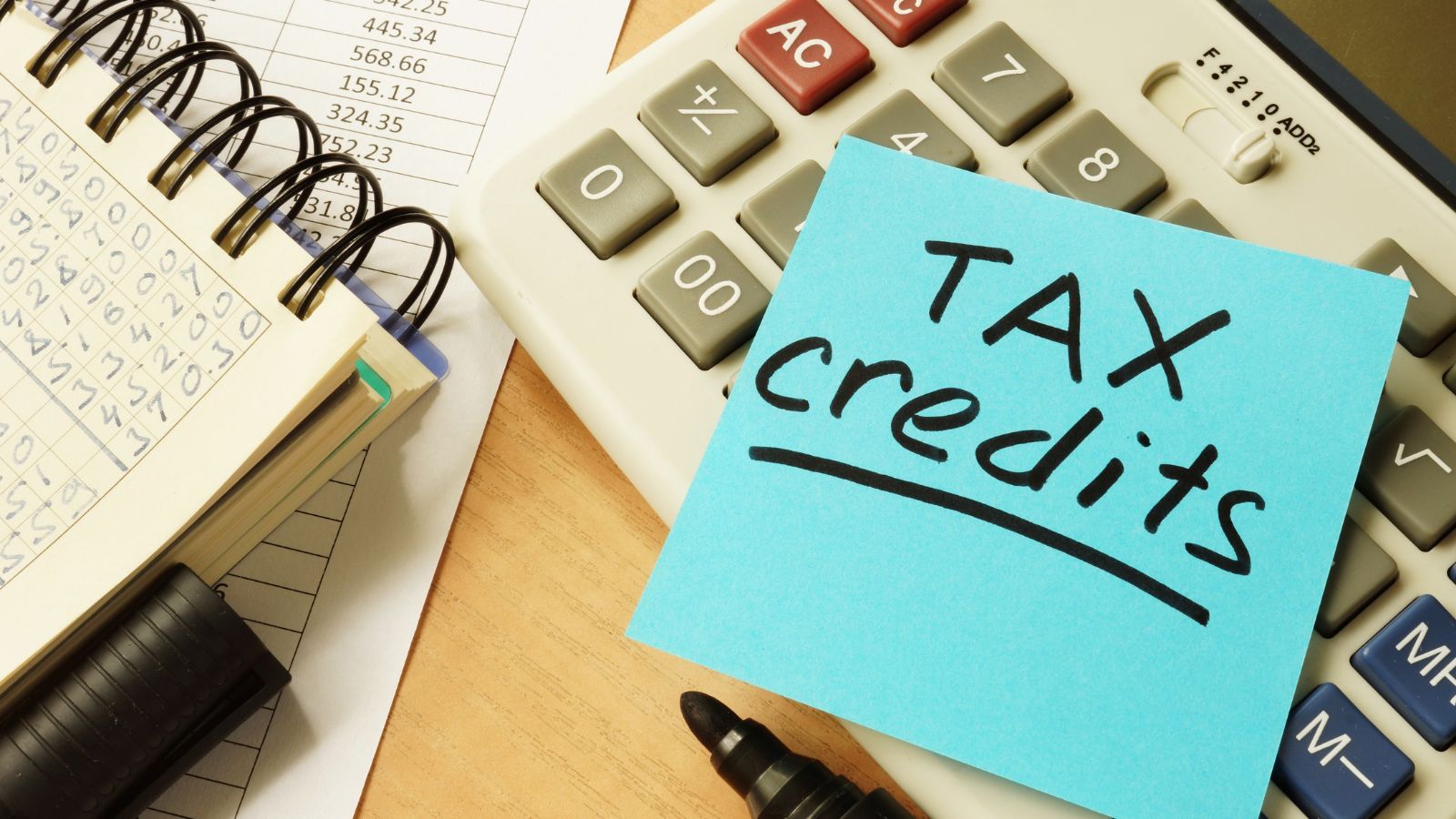
Tax credits directly reduce the amount of tax you owe, making them extremely valuable. Yet, Canadians often miss credits like the Canada Workers Benefit, tuition credits, disability credits, or caregiver credits. Sometimes these go unclaimed because people are unaware of them or think they don’t qualify. Unlike deductions, credits reduce your tax bill dollar-for-dollar, which can save you thousands annually. Missing them is like giving free money back to the government.
Ignoring RRSP Contribution Deadlines
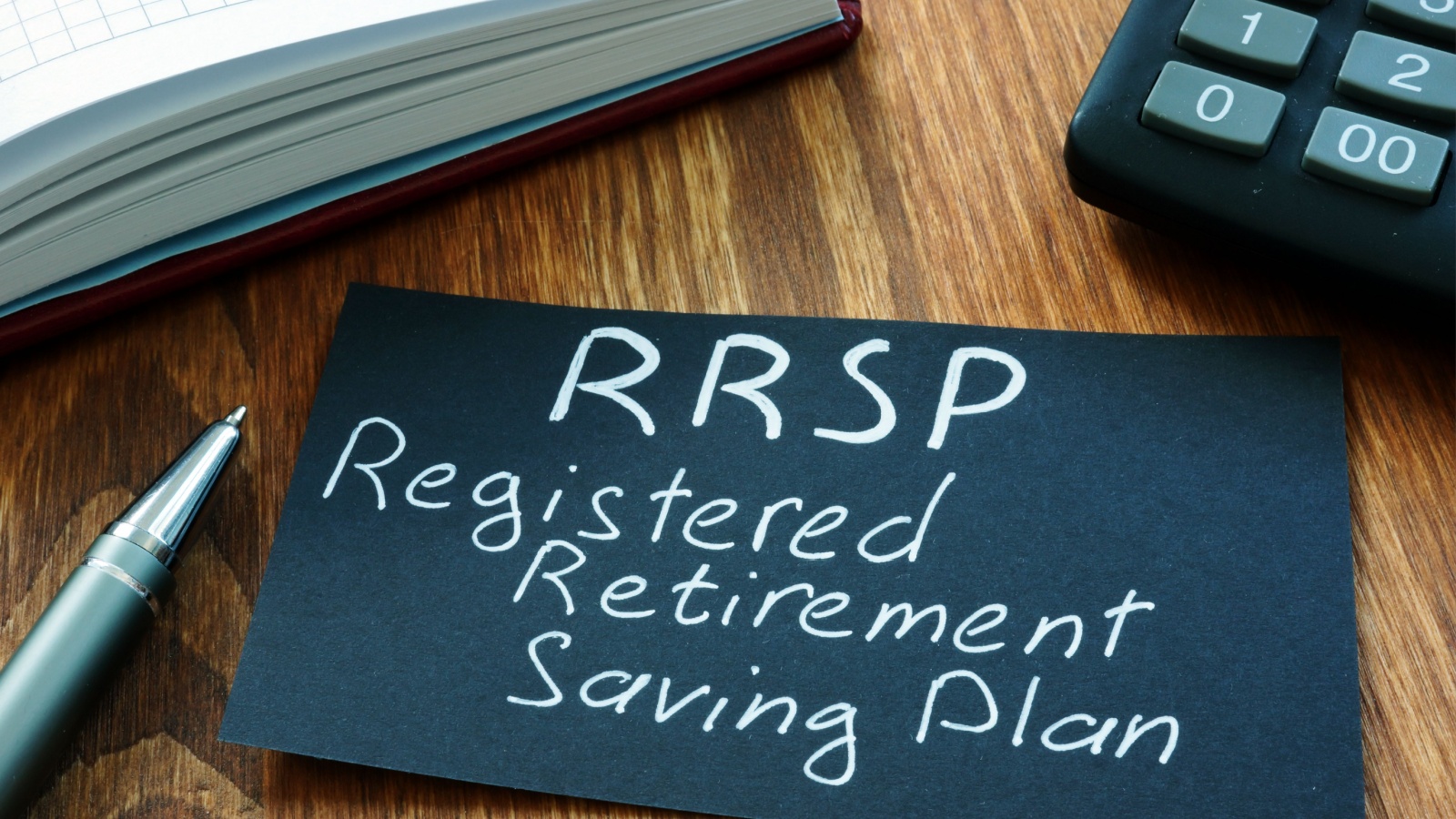
RRSPs are one of the best tools for lowering taxable income while saving for retirement. However, many Canadians ignore the contribution deadline, which usually falls in the first 60 days of the year. Missing this date means losing out on potential tax savings for that year. Contributions reduce your taxable income, which can result in a higher refund. Failing to contribute on time not only affects your tax return but also delays the growth of your retirement savings.
Over-Contributing to Your RRSP
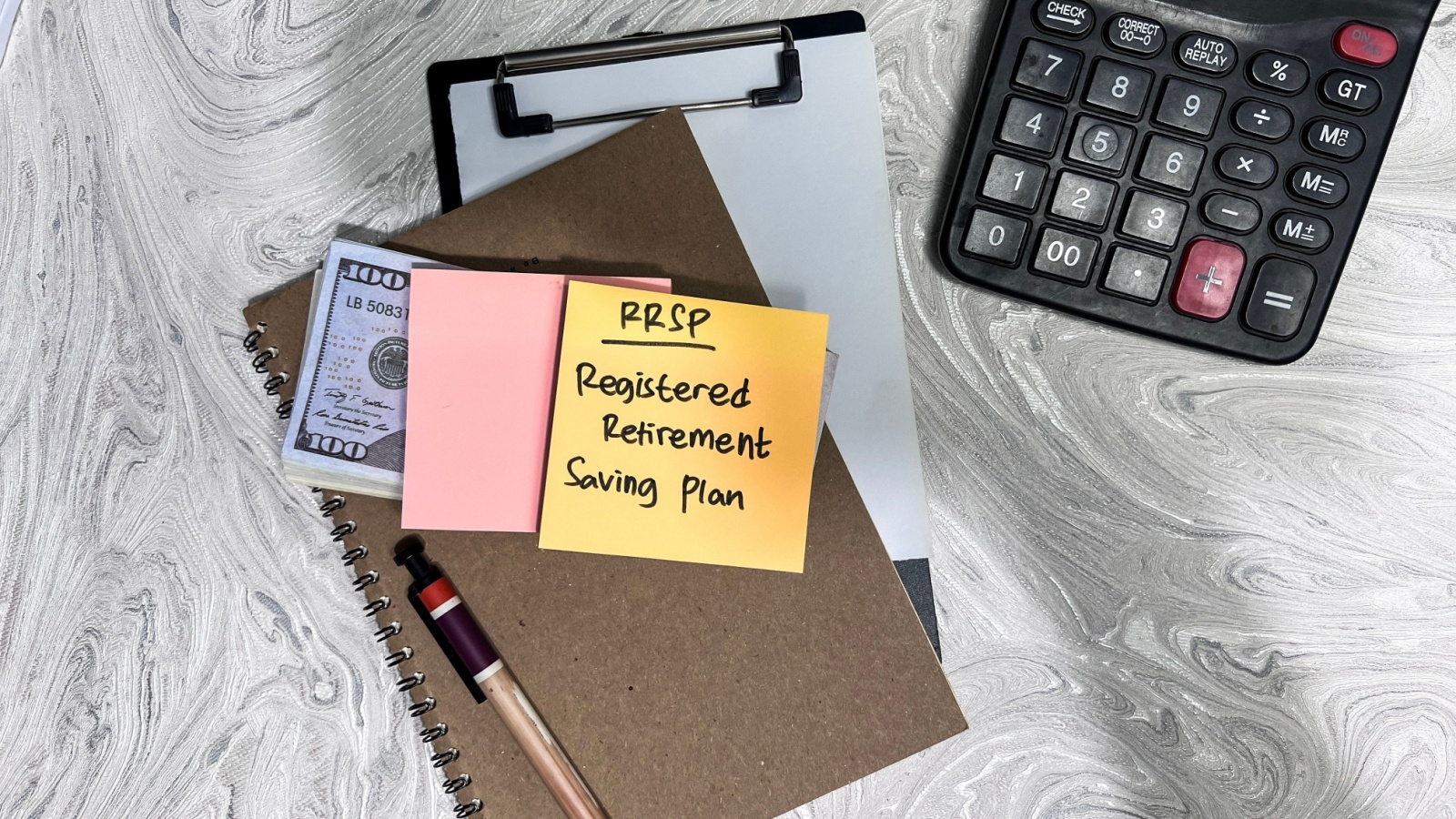
While RRSPs offer excellent tax benefits, contributing more than your allowed limit can be very costly. The CRA imposes a penalty of 1% per month on excess contributions above $2,000. Many people unintentionally over-contribute by failing to track their employer’s contributions or by forgetting prior deposits. These penalties can add up quickly, turning a tax-saving tool into a financial burden. To avoid this, always check your RRSP deduction limit on your latest Notice of Assessment.
Forgetting to Use a TFSA Efficiently
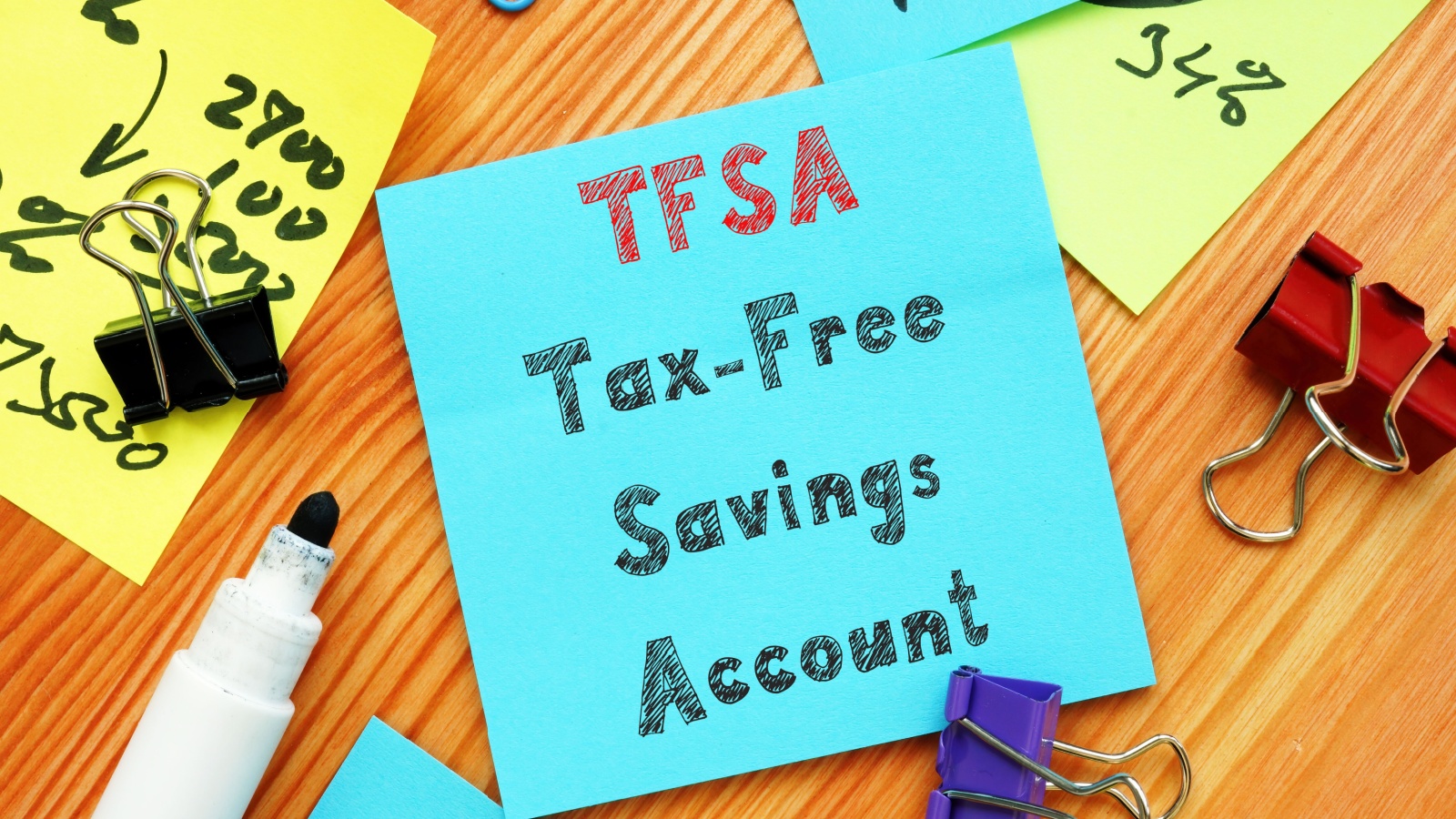
The Tax-Free Savings Account (TFSA) is a powerful tool, but many Canadians fail to use it effectively. Some ignore it altogether, while others misuse it by treating it as just a savings account. In reality, a TFSA can hold investments like stocks, bonds, and ETFs that grow tax-free. Forgetting to use it means missing out on years of compounding returns and potential tax-free withdrawals. Others over-contribute without checking their annual limit, which leads to penalties.
Claiming Ineligible Expenses
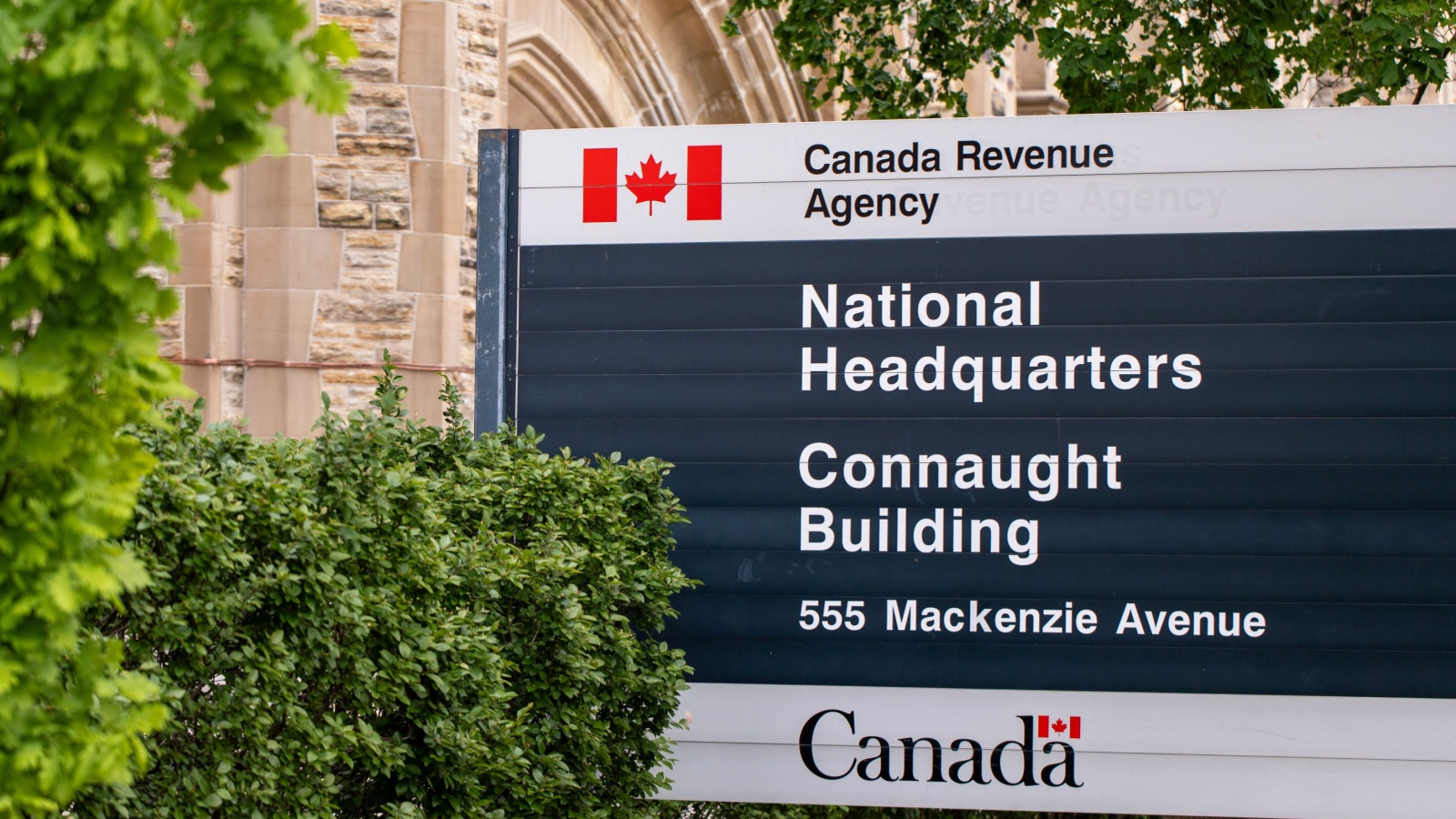
Claiming expenses you’re not entitled to is a common mistake that can trigger audits and penalties from the Canada Revenue Agency (CRA). Many taxpayers mistakenly deduct personal costs, such as daily meals, commuting expenses, or household repairs, believing they qualify as business or employment-related expenses. The CRA has strict rules outlining what can and cannot be claimed, and stretching the rules could cost you more in fines than you save. To avoid this, carefully review CRA guidelines, keep receipts, and consult a tax professional if you’re uncertain.
Misreporting Capital Gains and Losses

Investments often come with capital gains and losses, but misreporting them can quickly lead to unexpected tax bills. Some Canadians forget to declare investment income from stocks, mutual funds, or property sales, while others mistakenly calculate gains after fees or overlook carry-forward losses. The CRA requires accurate reporting, including adjustments for dividends and foreign income. Misreporting can result in reassessments and penalties, reducing your long-term returns. Staying organized with investment records, using software that integrates with financial accounts, or consulting a tax advisor can ensure accuracy.
Not Keeping Proper Financial Records

Disorganized or missing financial records are a surefire way to run into tax problems. Without detailed receipts, invoices, or bank statements, it becomes nearly impossible to justify deductions or prove income when the CRA asks questions. Many Canadians assume small expenses aren’t worth tracking, but these can add up significantly over a year. Failure to maintain accurate records often leads to denied claims and additional tax owed. A good practice is digitizing documents and using financial apps or accounting software.
Filing Without Reviewing for Errors

Rushing through a tax return without careful review can lead to costly mistakes. Common errors include misspelling names, incorrect SIN numbers, or entering wrong amounts for income and deductions. Even small typos or miscalculations can delay processing, reduce refunds, or attract CRA attention. Automated tax software reduces risks but still requires you to double-check entries. Reviewing ensures all credits are applied, all forms are attached, and no section is incomplete.
Forgetting Medical Expense Claims

Many Canadians lose out by not claiming eligible medical expenses, which can add up significantly over time. The CRA allows deductions for a wide range of healthcare costs, including prescriptions, dental care, physiotherapy, medical devices, and travel for treatment. However, taxpayers often forget to gather receipts or mistakenly believe only major expenses qualify. By combining costs for the entire family and choosing the most beneficial 12-month period, you can maximize your deduction.
Not Claiming Tuition and Education Credits

Students and parents often overlook valuable tuition and education credits that can reduce their tax liability or increase their refund. Eligible tuition fees from post-secondary institutions can generate non-refundable tax credits, and unused amounts can be carried forward or transferred to a parent, spouse, or grandparent. Many overlook the transfer option, which wastes potential savings. Failing to claim student loan interest is another common oversight. Keeping all official tax slips (like T2202 forms) and understanding how credits apply ensures no opportunity is lost. For families supporting students, these credits can significantly reduce tax burdens and stretch education budgets further.
Missing Out on Childcare Expense Deductions

Parents often underestimate how much they can save through childcare expense deductions. Eligible expenses include daycare, nannies, after-school programs, and day camps, but many families forget to claim them or fail to keep receipts. The CRA requires that the lower-income spouse usually claims these expenses, with certain exceptions. Missing this deduction can cost families thousands each year. To maximize benefits, keep records of all childcare-related payments and review CRA’s eligibility list to ensure no expense goes unclaimed. These deductions are designed to ease the financial burden of raising children, so missing them leaves valuable tax savings behind.
Ignoring Home Office Expense Rules

With remote work becoming more common, home office deductions are more relevant than ever. However, many Canadians either ignore these rules or incorrectly claim. Eligible expenses include a portion of rent, utilities, internet, and office supplies, but the CRA has strict requirements. For employees, the space must be used primarily for work, while self-employed individuals have broader claim opportunities. Some taxpayers fail to track usage accurately, while others over-claim and risk audits. Using the CRA’s simplified flat-rate method or keeping detailed records helps maximize deductions without error.
Overlooking Moving Expense Deductions

If you moved to start a new job or attend school, the Canada Revenue Agency (CRA) allows you to claim eligible moving expenses. Unfortunately, many people overlook this deduction and miss out on significant savings. Eligible expenses can include transportation, storage, temporary housing, and even realtor fees. However, you must meet the CRA’s 40-kilometer rule, meaning your new home must be at least 40 kilometers closer to your new workplace or school. Failing to claim these deductions can cost hundreds or even thousands of dollars.
Not Taking Advantage of Pension Income Splitting

Retired couples can save thousands of dollars in taxes by splitting eligible pension income. This allows one spouse to transfer up to 50% of their pension income to the other, potentially lowering both partners’ tax rates. Unfortunately, many retirees don’t realize this option exists, missing out on valuable tax savings. Pension income splitting can reduce overall household tax burdens, lower Old Age Security (OAS) clawbacks, and even increase access to certain credits. If you or your spouse receives qualifying pension income, reviewing this strategy could make a big difference.
Incorrectly Reporting Rental Income

Owning rental property can provide a steady income, but failing to report it accurately can trigger penalties and audits. Many landlords underreport rental income or fail to claim legitimate expenses such as mortgage interest, property taxes, repairs, and maintenance. The CRA requires full disclosure of rental earnings, even for informal arrangements like renting a basement suite. Incorrect reporting can lead to fines, interest charges, or legal consequences. On the other hand, claiming eligible expenses properly can lower taxable income significantly. Keeping detailed records and receipts ensures you stay compliant while maximizing deductions.
Ignoring Foreign Income Reporting Requirements
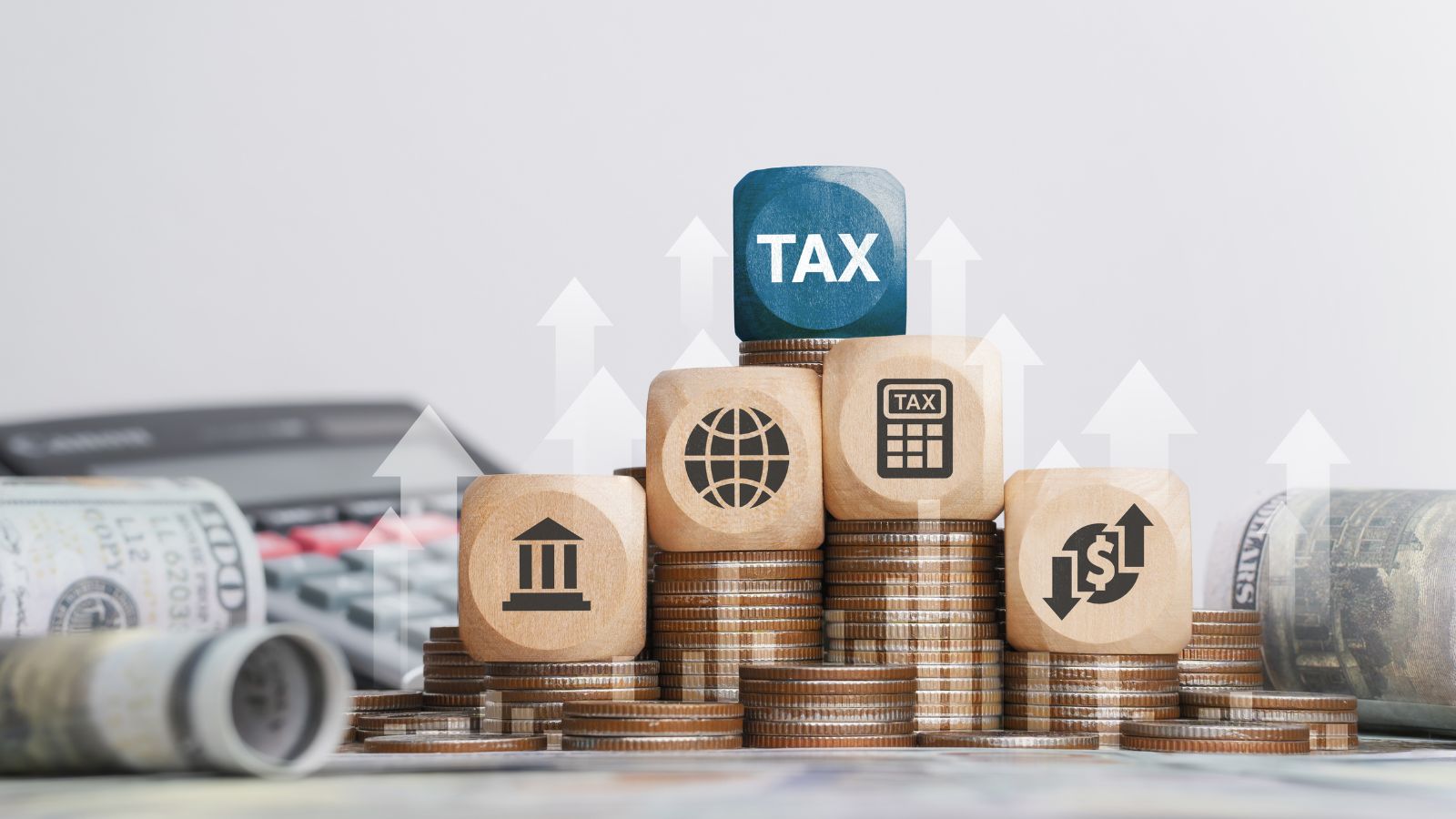
If you earn money abroad or hold foreign assets, the CRA requires full disclosure. Many taxpayers mistakenly think foreign income is exempt from Canadian taxes, but that’s not the case. Whether it’s rental income from a vacation home, dividends from foreign stocks, or money earned while working overseas, it must be reported. In addition, if your foreign property exceeds $100,000 in value, you must file Form T1135. Failing to do so can result in steep fines, interest charges, and possible audits.
Misusing Business Expense Claims

Self-employed individuals often maximize deductions by claiming business expenses, but overclaiming or misusing them can attract CRA scrutiny. Expenses must be directly tied to earning business income, such as office supplies, advertising, or a portion of home office costs. However, personal expenses like vacations, family meals, or luxury purchases disguised as business costs can backfire. Misusing these claims can lead to penalties, reassessments, and even audits. Properly tracking expenses with receipts and separating personal from business spending helps ensure compliance. Claiming only legitimate costs not only avoids trouble with the CRA but also keeps your tax filings more defensible.
Forgetting About Charitable Donation Credits

Canadians who donate to registered charities are eligible for valuable tax credits, but many forget to claim them. Donations can reduce your tax bill significantly, especially when combined with a spouse’s contributions. The CRA offers a federal and provincial tax credit, and the more you donate, the larger the percentage of your savings. First-time donors once had access to a “super credit,” though even regular credits provide meaningful returns. Forgetting to claim these not only diminishes your tax refund but also undermines the financial benefit of charitable giving. Always request official receipts and include them in your return.
Failing to Update Your Marital or Dependent Status

Life changes such as marriage, divorce, or having children can significantly affect your taxes. Many Canadians forget to update their marital or dependent status with the CRA, leading to missed credits or incorrect assessments. For example, claiming childcare expenses, the Canada Child Benefit (CCB), or spousal credits requires accurate information. Failing to update your status may cause overpayments, underpayments, or lost opportunities for financial support. Keeping the CRA informed ensures you access the benefits and deductions you’re entitled to.
Not Seeking Professional Tax Advice When Needed

While filing taxes independently can save money upfront, complex situations often require professional guidance. Business owners, landlords, freelancers, or individuals with investments across multiple accounts may benefit significantly from consulting a tax professional. Accountants and advisors can identify overlooked deductions, optimize retirement planning, and ensure compliance with CRA rules. Avoiding professional advice might lead to errors that cost far more than the fee for expert help. Even a one-time consultation can provide insights that reduce taxes for years to come.
Filing Taxes Late When You Owe Money

If you owe money to the CRA, filing your taxes late makes matters worse. Not only will you face a late-filing penalty, but daily compounding interest will also apply until the debt is paid in full. These charges can add up quickly, turning a manageable balance into a financial burden. Even if you cannot afford to pay the full amount immediately, filing on time helps minimize penalties. The CRA also offers payment arrangements for those struggling with tax debt. Missing the deadline without filing at all is a costly mistake that only increases financial stress and obligations.
Disregarding CRA Notices or Reassessments

Ignoring communication from the CRA is one of the biggest mistakes taxpayers make. Notices, reassessments, or audit requests should never be overlooked, as they often contain important information about changes to your return or additional taxes owed. Failing to respond can result in fines, garnished wages, or frozen bank accounts. Even if you believe the CRA made an error, ignoring it won’t resolve the issue. Instead, carefully review all correspondence and seek professional help if needed.
21 Products Canadians Should Stockpile Before Tariffs Hit

If trade tensions escalate between Canada and the U.S., everyday essentials can suddenly disappear or skyrocket in price. Products like pantry basics and tech must-haves that depend on are deeply tied to cross-border supply chains and are likely to face various kinds of disruptions
21 Products Canadians Should Stockpile Before Tariffs Hit
